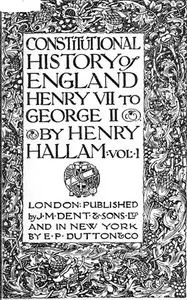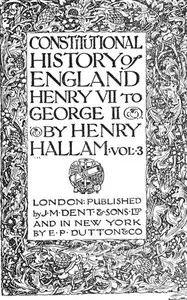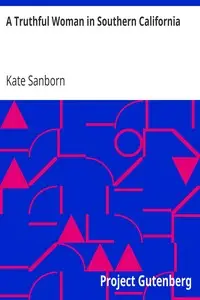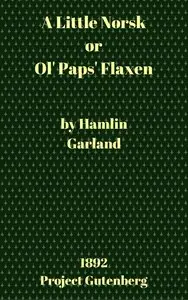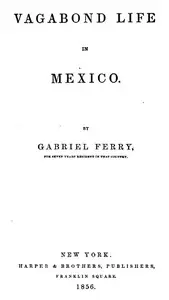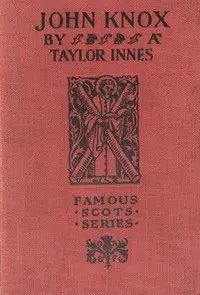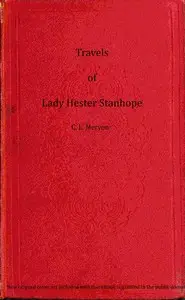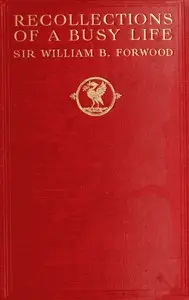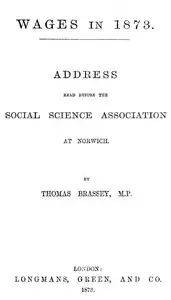"Constitutional History of England, Henry VII to George II. Volume 2 of 3" by Henry Hallam is a historical account written in the early 19th century. This volume explores the political and constitutional developments in England from the dissolution of Charles I's third parliament to the early stages of the Civil War, providing detailed analysis of the conflicts between monarchy and parliament. It addresses significant events, royal prerogatives, and the evolving nature of English governance during a tumultuous period in British history. The opening of the work establishes the context of Charles I's reign, beginning with the implications of the king's dissolution of parliament, where he attempts to reassert absolute power amidst rising opposition. It delves into the ensuing prosecutions of parliamentary leaders who resisted him, including Sir John Eliot, and illustrates the tension between royal authority and parliamentary privilege. This segment sets the foundation for the exploration of various arbitrary measures taken by the crown, such as ship-money and the issues surrounding the Star Chamber's jurisdiction, presenting a critical view of the governmental abuses that mark this pivotal time in constitutional history. (This is an automatically generated summary.)
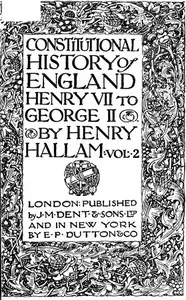
Constitutional History of England, Henry VII to George II. Volume 2 of 3
By Henry Hallam
"Constitutional History of England, Henry VII to George II. Volume 2 of 3" by Henry Hallam is a historical account written in the early 19th century. ...
Henry Hallam was an English historian. Educated at Eton and Christ Church, Oxford, he practised as a barrister on the Oxford circuit for some years before turning to history. His major works were View of the State of Europe during the Middle Ages (1818), The Constitutional History of England (1827), and Introduction to the Literature of Europe, in the Fifteenth, Sixteenth and Seventeenth Centuries (1837). Although he took no part in politics himself, he was well acquainted with the band of authors and politicians who led the Whig party. In an 1828 review of Constitutional History, Robert Southey claimed that the work was biased in favour of the Whigs.


